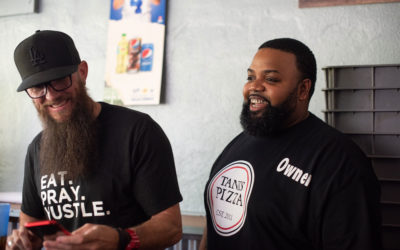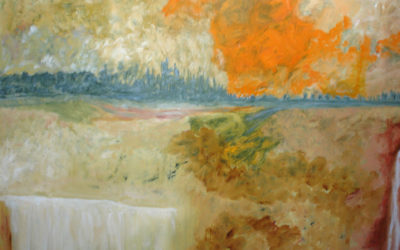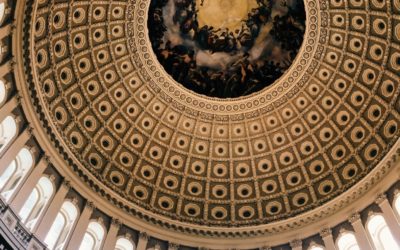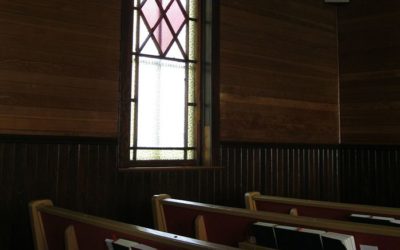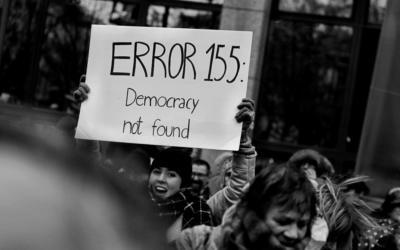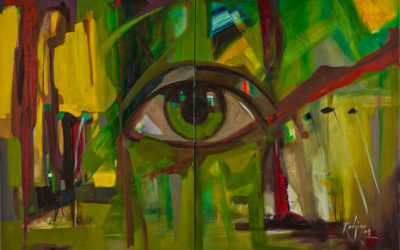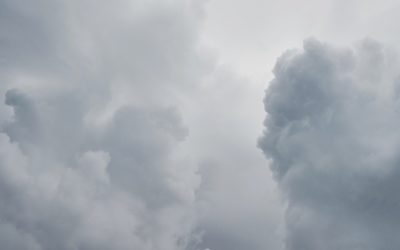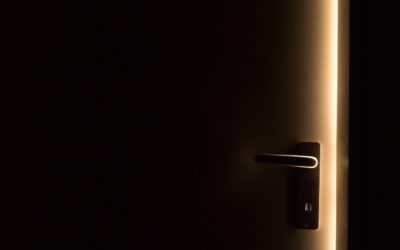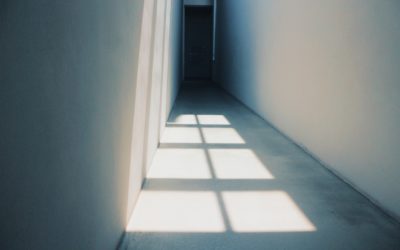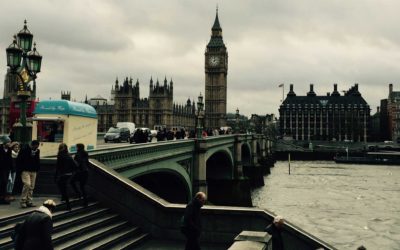Preached January 19, 2014 at Duke University Chapel
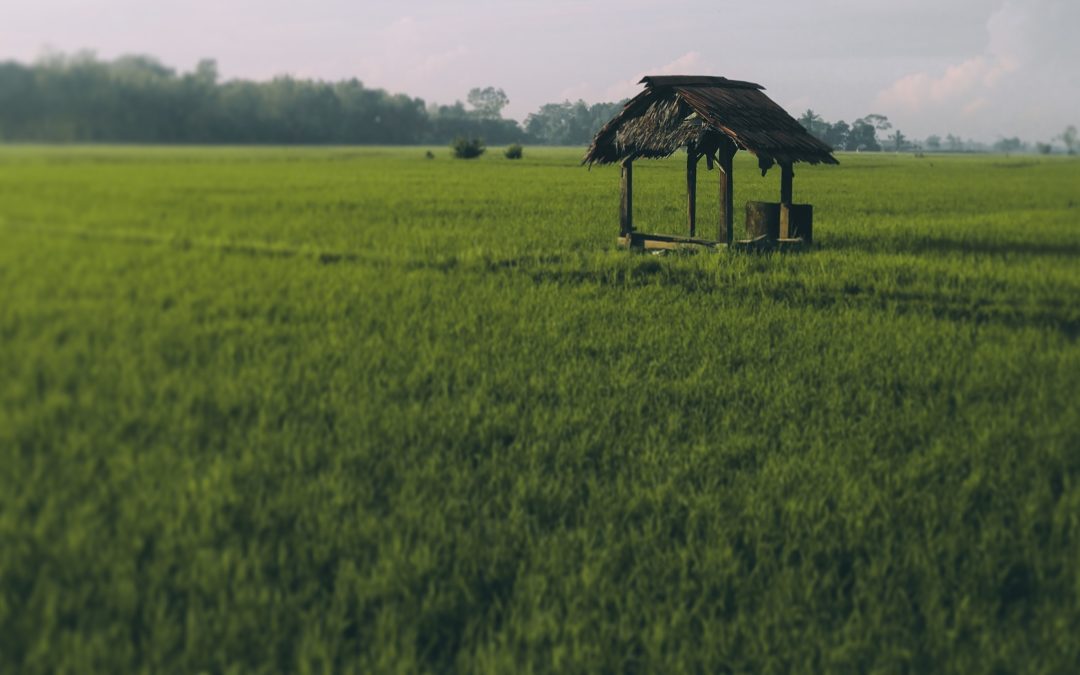
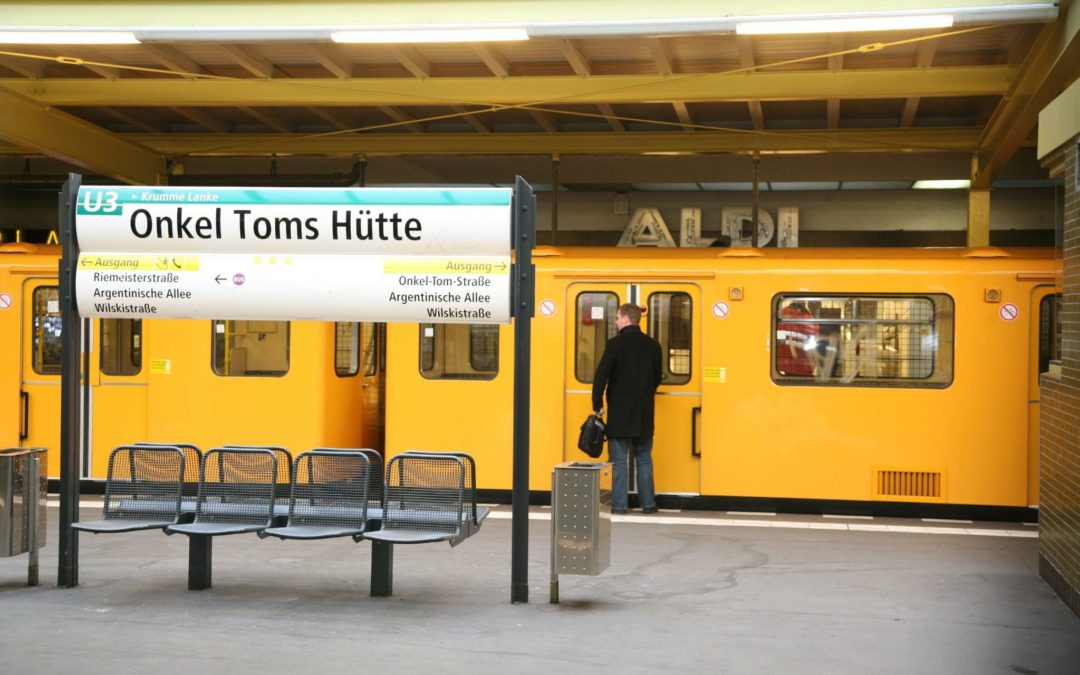
Roger Mielke
In Berlin’s Zehlendorf district, there is a subway station named “Onkel Toms Hütte,” after Harriet Beecher Stowe’s famous novel Uncle Tom’s Cabin. Stowe, an ardent abolitionist, wrote the novel in 1852 as a manifesto against slavery. Twenty-two-year-old Berlin pro...
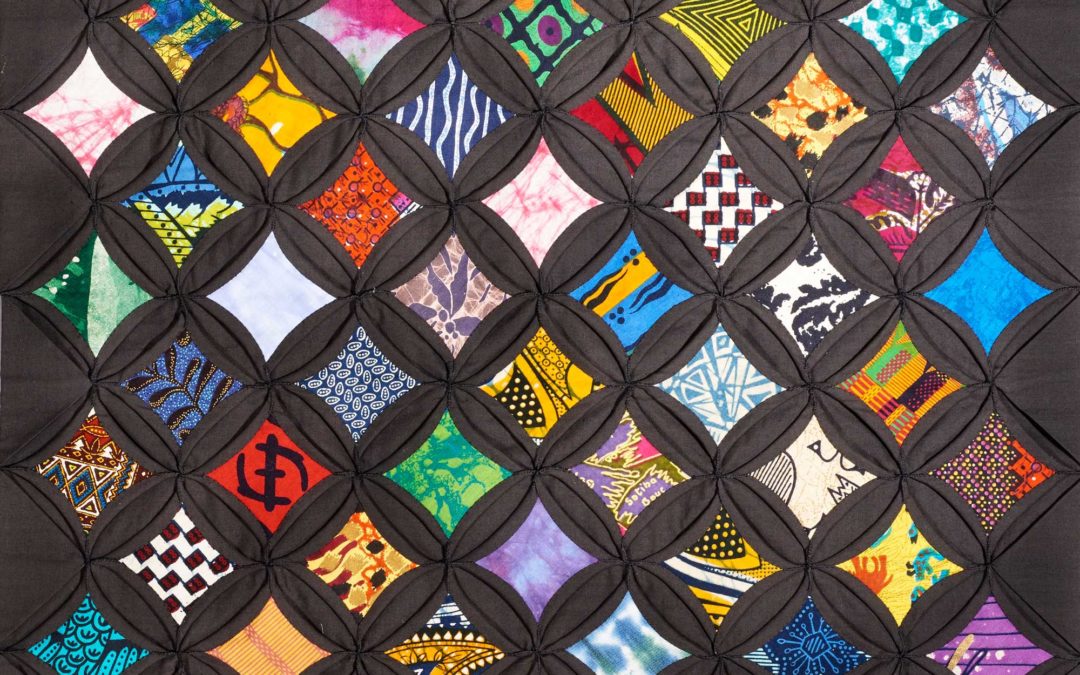
David M. Bailey
This past Christmas, my wife Joy and I hired my fourteen-year-old nephew to do some housecleaning and put up our Christmas tree. All was routine, when out of the blue, a loud crash reverberated through the walls. My nephew ran to the other room to see what it was...
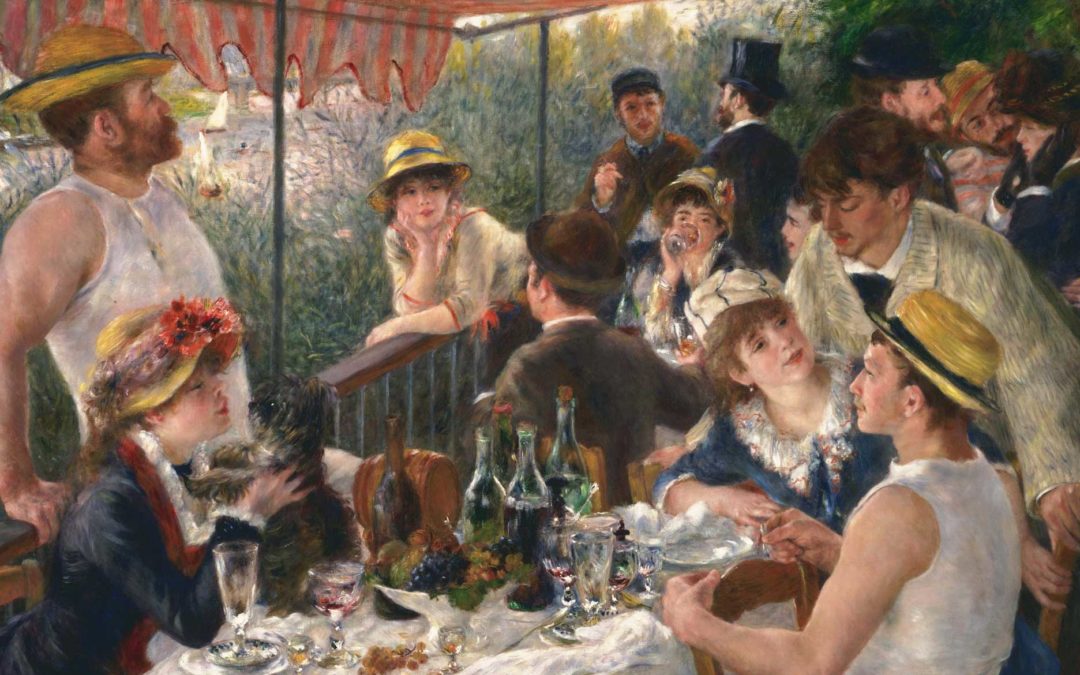
Tara Isabella Burton
“A Good Party challenges us to know people anew, to come to know them within a setting where friendship, rather than formal status, is paramount.”
Patton Dodd
More than any place I’ve ever lived, locals in San Antonio, Texas, tend to understand their city in terms of its four cardinal directions. News outlets here write the parts of town in title caps: North Side, South Side, West Side, East Side. Ask most people raised in...
Peter Riedemann
We acknowledge also Jesus Christ, the Only Begotten Son of God We have said and acknowledge it is one, and apart from him there is none that remains of himself unchanging in his clarity and who lives for ever; for he is truth, and that is his name in all eternity....
Martin Luther King, Jr.
Preached at Second Calvary Baptist Church in Detroit, Michigan in 1954
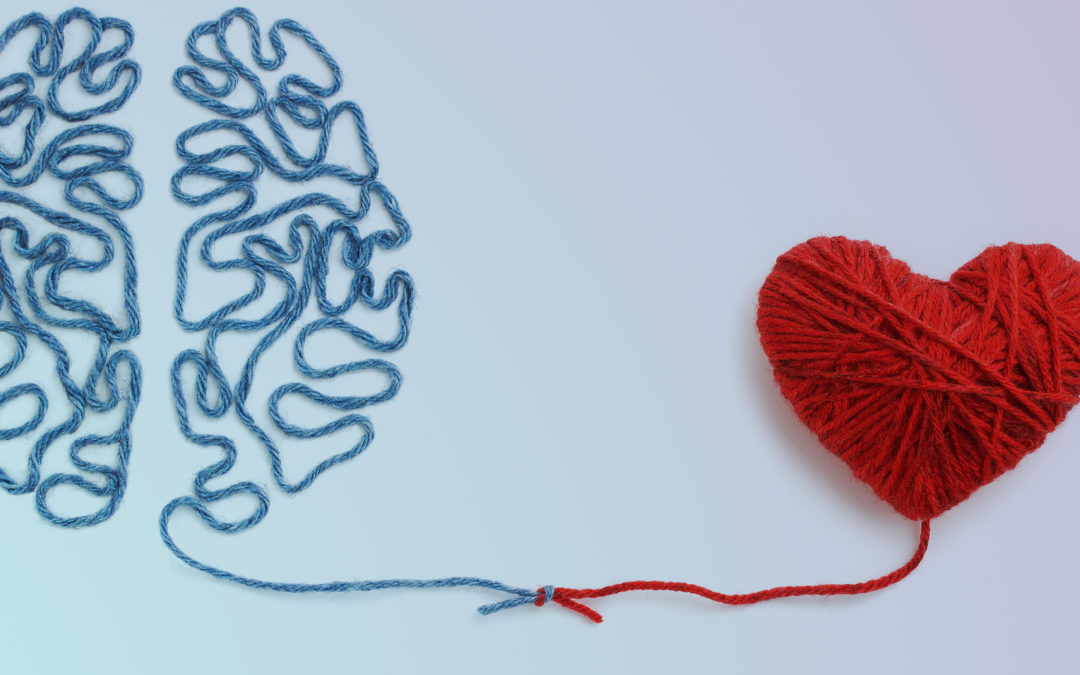
Amy O'Dell
This transcript has been edited for length and clarity. For the full experience, and to hear the heart behind the words, we encourage you to listen to the podcast episode here. --- When is the last time you were pushed by the hard knocks of reality to test your...
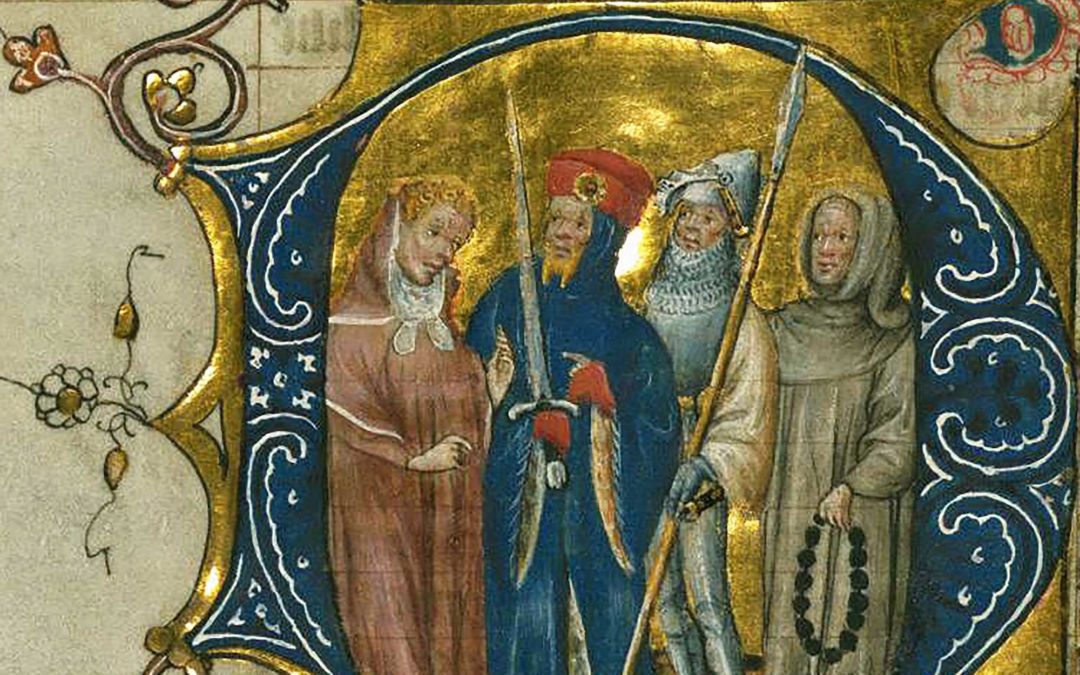
Brad Littlejohn
We are entering a murky post-pandemic twilight in which the course of Christian wisdom is less clear. How might the virtues of justice, prudence, temperance, and fortitude light our way?
Brad Littlejohn
Trapped within his own private reality, the vigilante can no longer be sure whether he is acting to vindicate the corrupted order of public justice or merely to achieve some private catharsis.
James K.A. Smith, Yuval Levin
James K.A. Smith: At the heart of your diagnosis is that we've got this contemporary penchant for nostalgia, which is a desire to return to some part of the twentieth century. Whether it's '63 or '83 or something like that, people have some golden age in mind. But...
Kevin den Dulk
My university (yes: by press time Calvin College will be a university) recently crafted an “educational framework.” Its purpose, as I understand it, is to “operationalize” our primary mission. Three of its four categories of goals—“faith,” “learning,” and...
Anne Snyder
We are living through times that often feel like one long commentary on Joni Mitchell’s line “you don’t know what you got till it’s gone.” From quotidian encounters on the street to public sacraments, hospitality in the flesh to basic truth-telling from our leaders,...
Eberhard Arnold
In August 1934, the Bruderhof informed the German government that it would refuse to participate in a mandatory national plebiscite to affirm Hitler’s regime. The group was already under constant police surveillance and had been raided twice by the SS. In the community’s worship meeting the Sunday before the vote, its pastor Eberhard Arnold gave the following address on the relation of church and state.
Russ Whitfield
In this sermon in the book of Mark, Russ describes the Pharisees as the theological watchdogs of their day, protecting their faith from the corrupting influence of Greek culture. Drawing a parallel to the cultural and political divisions among American Christians, Russ calls listeners to consider how religious syncretism is obscuring our historic, Scriptural commitments of the faith. “It is to the shame of the American church that certain Christian commitments have become controversial.”
Rev. Dr. Neichelle Guidry Guidry
Speaking to the idea of God using shadows to dwell with us, Dr. Neichelle Guidry challenges the notion that shadows are only meant to oppress but God can use them to groom you and protect you. Dr. Guidry delivers a powerful sermon of affirmation to the oppressed speakers of the cloth and challenges those that stand in the way rather than gives a hand of support. Speaking for the voices who are hidden behind the shadow, Dr. Guidry’s sermon gives us an understanding that the shadow is not necessarily a negative idea because God works in the shadows. Sermon given on October 8, 2017 at the historic Alfred Street Baptist Church in Alexandria, Virginia.
Pope Benedict XVI
In 2005 Benedict XVI was elected pope after the memorable and influential papacy of Pope St. John Paul II. In December of the first year in his papacy, Benedict, who had garnered a reputation for being stiff, distant, and academic in nature, surprised his critics with a deeply reflective and pastoral letter to the Church entitled, “God is Love”. In this encyclical letter, the holy father wished to prayerfully contemplate on God’s loving nature in a global context where the name of God was increasingly being invoked to justify hate, violence, terror, and division. What results is a deeply theological but accessible reflection on God and his relationship with humanity. This excerpt brings the profound meaning of scripture to bear in our own time as we increasingly face political polarization and fail to fully recognize the image and likeness of God inherent in our neighbor.
Oliver O'Donovan
The fabric of common speech that binds us together is vulnerable… What recourse do we have when we face a breakdown in political discussion, when everyone speaks to themselves and nobody listens?
Dear Reader,
Welcome to Breaking Ground, a network of institutions and people which has grown out of a year-long publishing project. The publishing project was created by Comment in the spring of 2020 to use the resources of the Christian humanist tradition to respond collaboratively and imaginatively to the year’s significant crises—a public health and economic crisis provoked by COVID-19, a social crisis cracked open by the filmed murder of George Floyd, and a leadership crisis laid bare as the gravity of a global pandemic met the epistemological fracture of a country suffocating in political polarization and idolatry. What you’ll find here is a searchable archive of every essay, event, podcast, and sermon published from 2020–2021. It is a body of work that should stand the test of time: a record of a year that revealed the depths of our society’s fissures, and a collection of proposals and reflections on what should come after: how we can truly renew our civilization in this post-COVID world.
When the COVID-19 virus reached North American shores in early 2020, we all found ourselves scrambling to make sense of a chaotic and rapidly changing reality. There was no shortage of information in the pandemic’s early days, but the immediacy of the crisis and our society’s resulting shift to survival mode yielded media interpretations characterized more by short-term need and projection than anything attending systematically to the moral opportunity at hand. This reactivity quickly coalesced into a matched set of toxically partisan mirror-image narratives about what was happening and what it meant. A shared sense of reality—already fragile from years of an eroding social fabric—fractured still further as physical-distancing norms shuttered us inside our homes and attendant virtual silos. People were craving moral vision to make sense of what was happening, but few in those early days were providing it.
Comment, along with its key partner Plough, created Breaking Ground in an attempt to fill this vacuum, inviting a diverse array of Christian institutions to come together while requesting explorations along the following three axes:
1. Seeing clearly and deeply: What exactly is being revealed in this current crisis? About society? About the state of our own hearts?
2. Learning from the past: How have plagues historically provided opportunities for new beginnings, new building, a renewal of institutions?
3. Imagining the future: What institutions need renewing now, and how might that happen? What might be born anew in this time, and how do we help in the building?
One year later, and here we are. While not dispositively answering these questions, our contributors have explored them with rigor, depth, and almost unrivaled patience. In its collaborative beginnings, Breaking Ground has seeded a new public sphere—and, importantly, a frame for that sphere—that will now go on to nourish good thinking on and off the page, as we steward and prune our habits, our institutions, our cultural values, our politics.
For those of you who followed along with us as readers and writers, we thank you for making this a space where complex truths could be aired in public, where conversation could be rigorous in its search for truth yet grace-filled in its respect for the human face. We thank you for seeking to maintain a humble even-handedness in considering the nuances of thorny issues, and for braving an artful personalism—even confessional posture—as you reflected in public. And we thank you for choosing to venture with us into the hope that by breaking ground we might discover common ground.
So what’s next? Breaking Ground has finished a year of producing timely essays, podcasts, and events to focus now on nurturing the supporting network of twenty-plus institutions that joined Comment in building this project. This is a network distinguished primarily by our constructive vision for society—politically appreciative but not politically bound—as well as our commitment to tilling a more integrated field of Christian social thought and action for twenty-first-century challenges. While you can find Breaking Ground’s 2020/21 crisis-specific conversation here by way of the search function below, we encourage you to follow some of the very same writers you’ve so enjoyed here by subscribing to the newsletters of Comment, Plough, The Trinity Forum, New York Encounter, BitterSweet Monthly, and any one of the other organizations who helped till this soil.
We’re not going away; we’re simply investing in the quieter work required to build a sustainable structure of collaboration between institutions and individuals; as we and our writers continue to give public voice to the results of these collaborations in the pages mentioned above. In the meantime, thank you for stopping by. We trust that the insights crystallized while wading through a globally tumultuous year will prove both prescient and generative, as the seeds we have spent the year sowing in this broken ground begin to grow.
Sincerely,


Dear Reader,
Ten months into a chastened world and seven months into this audacious attempt to pilgrim through it aloud, I write first with thanks. Without your engagement, this venture to see clearly, discern deeply, and ask the hard questions to imagine a better normal would not have taken off. As any one of our contributors will tell you, the invitation to step back and locate the vagaries of a world in flux is not for the faint of heart. We are honored by the “yes” of all those who have chosen to give of their time and talents—often in the midst of personal hardship and the strain of circumstance—to make Breaking Ground a one-of-a-kind space for record-keeping, truth-telling, and guidance from Christian reservoirs, and with this, we trust, some very real grounds to hope.
For hopeful we are this late December, and not just because a vaccine is on the road. As our writers have performed their version of a societal x-ray week to week, homing in on different parts of the body politic while risking their own implication in the “so what and now what,” several truths have risen from the rubble:
It has become undeniable that a society is—in essence and in fact—a system of relationships. We are interdependent at levels both tangible and mysterious; our fates are tied. Human creatureliness persists; no technology can erase the glory and vulnerability inscribed in our embodiment. We are dust; to dust we will return. This awakening to our mortality has reoriented many of us to better questions and granted glimpses into wiser relationships with time. Silence amid sorrow need not be condemned as the response of the indifferent; it might instead be the waiting and watching of the soft heart, poised to act when led.
But important lessons like these have been accompanied by a multitude of warning signs. The summer’s racial protests brought a moment of joyous unity for black and white, sacred and secular, even progressives and conservatives: for a moment it seemed as though this unity could build on the human solidarity that the disease had been building. But that hope crumbled, through lack of wise leadership, into excess and still deeper division. The misbegotten marriage of empire and Kingdom has cracked among wide swaths of the younger faithful, but some Christians’ response to that needed disentangling has been a vengeful, last-ditch defense that makes a mockery of Jesus Christ and imperils the republic. Our newfound attentiveness to proximate realities like the turning of seasons and the path flight of birds—a gift in otherwise harried modernity—risks being overshadowed by worrisome indicators that our perceptions of the stories we’re living out in broader reality are becoming irreconcilable. It seems our particular experiences of this wild year from our particular corners of the universe have not helped our trust, our goodwill, or our reason.
And so Breaking Ground’s work will continue. We have focused, during the first half of this project, on trying to see the present clearly and deeply: to make sense of the chaotic and rapidly changing events that made 2020 feel like a whole year hit by a tidal wave. We’re now turning to consider the future, while continuing to draw deep from the wells of the past. Come January, you will see us shifting from a posture of naming and noticing to one that invites a more proactive reimagining of the spheres whose healing might yet make them the components of a healthy society.
If June to December was a time to try to make sense of truths we were seeing, truths too long veiled beneath the hum of “normal,” 2021 will be a time for mapping a way forward. Our writers will aim at wise, well-grounded, and imaginative seed-sowing, oriented toward cultivating the conditions for human goods to grow. These ideas and subsequent discussions will focus on the following questions:
To pursue each of these we’ll be inviting signature voices from the spheres of politics and law, education, journalism, business, the church, medicine, the household, science, technology, philanthropy, and more to explore what in that domain needs to be planted, what needs pruning and nurturing, and how each of these areas might interact with the others. We’re working on a new slate of stories that shine light on the often-hidden places where Christ’s church is doing what she does best—serving and learning from the poor and the neglected, considering one’s own rights a loss and moving outward in love. And even as we search our own community of faith in honest lament for the various ways in which our lack of unity and vision have failed our society and failed our God, we will undertake this confessional work in light of Scripture and the cloud of witnesses who grant us as much caution as they do compass.
I am ever grateful to you, our readers; to our contributors; and to the nearly twenty organizational partners who have anchored our efforts. I am indebted to my co-laborers: senior editor Susannah Black, managing editor Heidi Deddens, graphic designer Kathryn de Ruijter, and copy editor Jeff Reimer, and our budding crop of sermon curators and podcast guests and producers.
It is an adventure, and it will continue. In these last few days of 2020, I’d like to invite you to join in this community we’re building. Will you share a particular Breaking Ground piece with those of your friends and family to whom it will speak? And will you consider a financial gift to strengthen Breaking Ground’s capacity, as we head into this next season?
If one thing’s become clear this year, it’s that we’re all in this together. We have to be. And that’s a source of joy. I am grateful for the opportunity to see clearly, dig deeply, and plan bravely alongside you.
Humbly,


Anne Snyder
Editor-in-Chief, Comment
